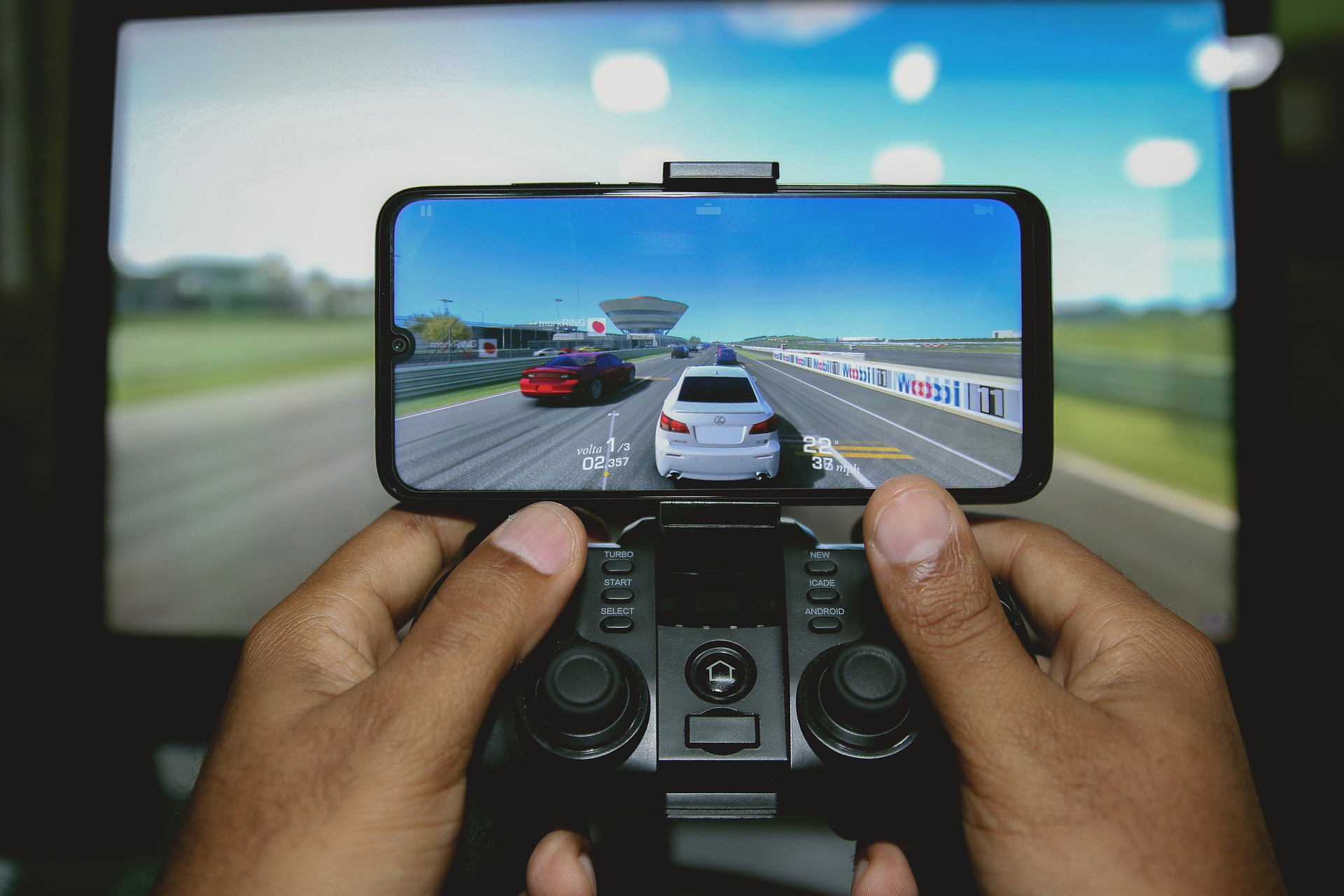Science in Video Games: Is it Accurate?
Games have come a long way. The times when people used to go to the arcade to get their hands on the newest big game release almost seems like a lifetime ago, and the games of today are ultimately unrecognisable from what we were used to in the past.
Games are now incredibly realistic, so much so that distinguishing certain scenes from real life is now a task in and of itself. This also extends to the actual physics and science in video games, and this is exactly what we are going to be talking about in this article. Let’s jump straight into it.

Suspension Of Disbelief
Whilst there are a plethora of games that have realistic physics out there, more often than not, said realism ends up being a detriment to a game rather than a boon.
Most games opt to take the middle approach, whereby they utilise real-world science and fill in the gaps to allow for a much more exciting experience. This is exactly why the vast majority of gamers adhere to this suspension of disbelief philosophy - most games just need to stretch the truth in order to allow certain mechanics to take place.
You wouldn't expect to go into an online casino like NetBet and experience all of the negatives that with casinos in real life, would you? Imagine this; you had to wait eight hours in order to get in to stimulate travelling, you could only play at certain times of the day, you had to wait twenty minutes in order for that one person to get off the roulette machine - the list goes on.
Suspension of disbelief is often necessary in order to enjoy a game whilst still having it being semi-realistic, and without it, it goes without saying that many of the games we love today would outright disappear.
Why Not Have a Little Fun In a Limitless Universe?
The truth of the matter is this: video games aren't realistic, and they aren't supposed to be. Why drag the potential of video games back down to earth when there is an endless number of opportunities out there?
We already spend the vast majority of our day adhering to real-world limitations and restrictions, why put these into video games too? Most people use video games as a way to escape the nominal workings of the day-to-day, and it is fair to say that video games as a whole would not likely be as popular as they are today if they were to stick to real-world science diligently.
So, what is your opinion on science in video games? Do you think games should be more grounded when it comes to this area, or do you think developers should have free reign to bend physics as much as they may desire?
Whichever side you may find yourself on, there's good news; games do not have to adhere to one strict code. There are games out there that take both routes, and if you prefer one way or another, there will be a near-endless list of games at your disposal that can more than accommodate.

